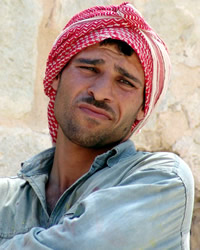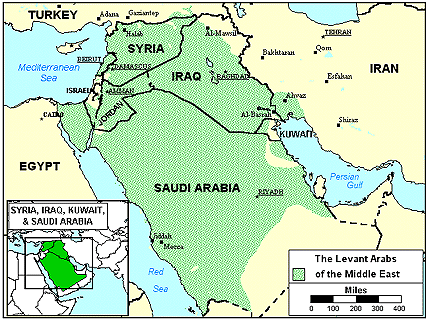The Arabian culture was developed by tribes of nomads and villagers who lived in the Arabian Desert for many centuries. From there, they migrated across North Africa. Arabs from the Arabian Peninsula are considered to be the original Arabs.
Like Arabs in other parts of the world, the Syrians have their own dialect of Arabiya. Those who live in the United Arab Emirates must learn the local dialect of Arabic.
Syrian Arabs have been in the UAE for many years. They are most likely to live in Dubai or Adu Dhabi. In the past, Syrians who migrated to the UAE were people of means and education. Today, there are refugees from all levels of lifestyle and wealth. Syrian Arabs who have been in the UAE since before the ongoing civil war are usually professionals with a comfortable lifestyle. However, there are many Syrian refugees who are struggling with the trauma of war and who are learning new ways to make a living.
Starting in the eighth century, the inhabitants of northern and central Sudan gradually became Muslims. This took place by military conquest and trade. Today, almost all Sudanese Arabs are Sunni Muslims. The Islam they practice is often mixed with folk religion and a belief in spirits. Sunnis try to obey the teachings of the Koran and the prophet Mohammad. They believe that by following the Five Pillars of Islam they will attain heaven when they die. Allah, the supreme God of the universe, determines who enters paradise. Sunnis pray five times a day facing Mecca. They fast the month of Ramadan. They attend mosque services on Friday. If a Muslim has the means, he or she will make a pilgrimage to Mecca once in his or her lifetime. Muslims are also prohibited from drinking alcohol, eating pork, gambling, stealing, using deceit, slandering, and making idols.PRGRPHThe two main holidays for Sunni Muslims are Eid al Fitr, the breaking of the monthly fast and Eid al Adha, the celebration of Abraham's willingness to sacrifice his son to Allah.
Life is hard for many of the Sudanese men living in the UAE. Most are separated from their wives and children. These men may be open to the gospel. Evangelizing Muslims is illegal in the UAE, but Christians could provide medical teams and literacy trainin
Pray for Syrian Arab believers to be blessed with peace and joy in the Holy Spirit.
Pray for them to reach out compassionately to those who live with psychological trauma.
Pray for Syrian Arabs to be open to the truth of Jesus Christ and His way of salvation through grace.
Pray for a movement to Christ among Syrian Arabs in the UAE.
Scripture Prayers for the Arab, Syrian in United Arab Emirates.
| Profile Source: Joshua Project |













